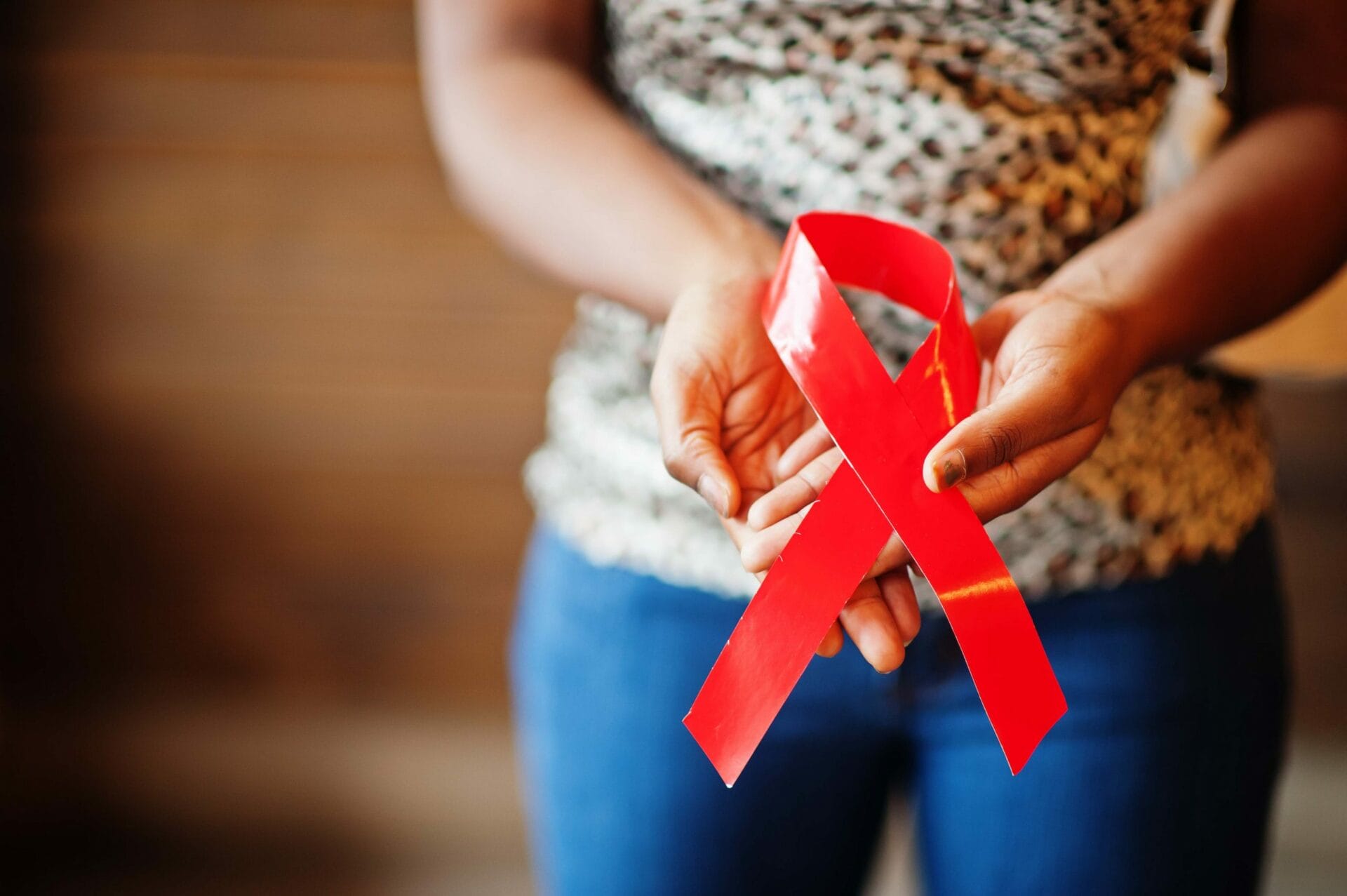Those living with HIV/AIDS are at a higher risk for mental disorders. The stress associated with dealing with a severe illness or condition, such as HIV, can affect mental health. It is vital for people living with HIV to know that they have a higher chance of developing mood, anxiety, and cognitive disorders. For example, depression is one of the most common mental health conditions faced by people living with HIV. It is important to remember that mental illnesses are treatable. HIV can also directly infect the brain, causing impairment to memory and thinking. In addition, some anti-HIV medications can have mental health side effects.
Black/African Americans account for more new HIV than other races
and ethnicities. Diagnoses In 2018, Black/African American people accounted for 13% of the US population, but 42% (16,002) of the 37,968 new HIV diagnoses in the United States and dependent areas. African Americans with HIV are less likely to adhere to treatment than others with HIV, according to a University of Michigan study. Moreover, untreated depression may greatly hinder adherence to antiretroviral.
Being given the diagnosis of HIV can produce strong emotional reactions. Feelings of denial and shock can turn into anger, fear, guilt, a sense of hopelessness, sadness, and some suicidal thoughts. Therefore, it is understandable that after being diagnosed with HIV, one would fear the illness, feel helpless, and even fear death.
At this time, all the support from family and friends would be instrumental in coping with the disease and professional help. It is imperative for people with HIV to talk about their feelings. Mental health providers, physicians, knowledgeable, reassuring friends, and loved ones can significantly help during this dark time. Depression is a critical condition affecting feelings, everyday life functions, and thoughts. It is much more common in people with HIV and the general population.
Depression is distinguished by most or all of these symptoms: fatigue, apathy, low mood, inability to concentrate, trouble sleeping, changes in appetite and weight, loss in pleasure in activities, low self-worth, and possibly thoughts of suicide. Several treatments for depression include psychotherapy, anti-depressants, and talk therapy.
However, the proper treatment must be chosen carefully by a physician or a mental health professional based on the patient’s physical and psychological condition.
Another condition that is often accompanied by physical symptoms such as shortness of breath, rapid heartbeat, sweating, agitation, headaches, nervousness, agitation, shortness of breath, and panic is anxiety. Anxiety and depression can often go hand in hand, or anxiety can be seen as a disorder by itself, usually caused by fear, uncertainty, or insecurity. Anyone with HIV and each experience of anxiety is unique and must be treated as such. There are many effective treatments, and many alternative medicines that have been proven either by themselves or combined with other meds can be quite effective. These treatments are acupuncture, meditation, cognitive behavioral therapy, bodywork, aerobic exercise, and supportive group therapy.
Unfortunately, substance abuse can sometimes be shared among people with HIV also. Substance abuse can trigger and complicate mental health problems. For many, mental health problems predate substance use activity. Substance use can increase levels of distress, interfere with treatment adherence, and lead to impaired thinking and memory. Diagnosis and treatment by a psychiatrist or other qualified physician are
critical as symptoms can mimic psychiatric disorders and other mental health problems. HIV infection and AIDS affect all aspects of a person’s life. People with HIV/AIDS must adapt to a chronic, life-threatening illness and many other emotional demands ranging from stress, anger, grief, helplessness, depression, and cognitive disorders. If you have concerns about your or a loved one’s mood, memory, thinking process, or other mental problems associated with HIV.
Treatments are available with Peace & Harmony Counseling Services, LLC. One of our excellent Therapists can significantly improve quality of life. With comprehensive and compassionate care, many mental health challenges can be overcome with support,
counseling, and understanding.
Call our office at 517-993-5950 to schedule an appointment today. We take many health insurances and have several staff members to help.



